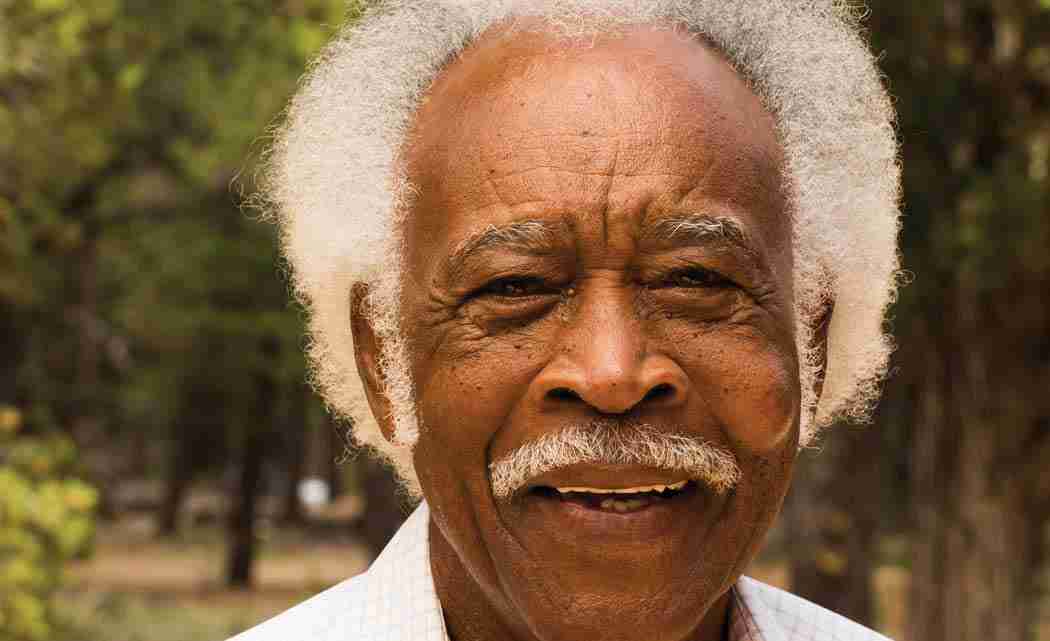Often when we are in a crisis we tend to view it as arising from current events or recent choices rather than from philosophical and political ideologies long buried in our psyche. Our present environmental crisis arises from such esoteric concepts as capitalism, alienation and apathy.
Adherents of capitalism as an economic system have embraced slavery, childhood labor, sweat shops, contaminated meats, prison labor, and air-pollution, destruction of forests and pollution of every major body of water in the continental USA. Capitalism is an artificial concept that zealots shroud in dogma, and decimate anyone who criticizes it as a heretic or communist.
If we are to successfully address the present climate crisis we must look at how we use natural assets. The driving force behind use of those resources is the capitalistic system, therefore we must look at the system also.
Early critics of capitalism greatly feared its exploitive tendencies. My argument is not to destroy capitalism but to regulate and restrain it.
But capitalism is not the lone culprit. It has been energized and unrestrained by our alienation from nature and from each other. “Alienation” was a popular psycho-social concept in decades past that sought to explain the behavior of rebellious teenagers, frustrated housewives and disaffected Vietnam Veterans. The generally accepted definition of alienation is “the state or experience of being isolated from a group or activity to which one should belong or in which one should be involved.”
Climate change and its attendant consequences is an activity in which everyone should be involved but our alienation from nature prohibits us from recognizing how our economic system has contributed to the problem. Everything we see, touch or feel comes from nature – whether it’s plastics from oil or designer drugs for beauty treatments. As we transitioned from a rural society to an urban society we lost our connection to nature and began to prize the convenience and artificiality of a man-ipulated world that devours nature.
Probably the greatest downfall of capitalism is that in its grasp for profits, nothing is sacred. That unspoken reality erodes public trust and ushers in a creeping cynicism (which Marxist theory describes as the condition of workers in a capitalist economy, resulting from a lack of identity with the products of their labor and a sense of being controlled or exploited.) Of course we can say the same for China the largest communist state in the world since the leaders of the party have endorsed capitalism.
Now we come to our apathetic malaise of today wherein we are indifferent and feel helpless to protect our environment, our fellow citizens and our liberty.
“They gonna do what they want to anyway…” is a refrain often repeated by citizens living in economically and politically challenged communities.
I deliberately avoided describing those communities as “disenfranchised” because I believe you can only be disenfranchised by your refusal to participate. The very concept of democracy demands citizens must participate in the process of being governed for it to work.
Some capitalists in every form of government are centrally focused on greed – people who seek to fill their inner emptiness with acquisitions, which of course is impossible as things can never substitute for a person’s humanity. My economics professor in college once described unbridled capitalism as “a system whereby individuals get all they can, can all they get, then sit on the can.” Apathy is never an acceptable response to a crisis and indulging in it only leads to the worst results.
And what is the solution? I would suggest that people start by visiting a quiet park, watching a sunrise at the beach or drinking in the wonder in a two-year-old’s eyes. Inhale the bliss of a giggling infant; listen to the sweet lyrical song of a spot-breasted oriole or stand before the wonder of a blooming Poinciana tree. Then decide what’s worth fighting for.
(Peterman is an author and nationally-recognized environmental leader.)













No Comment